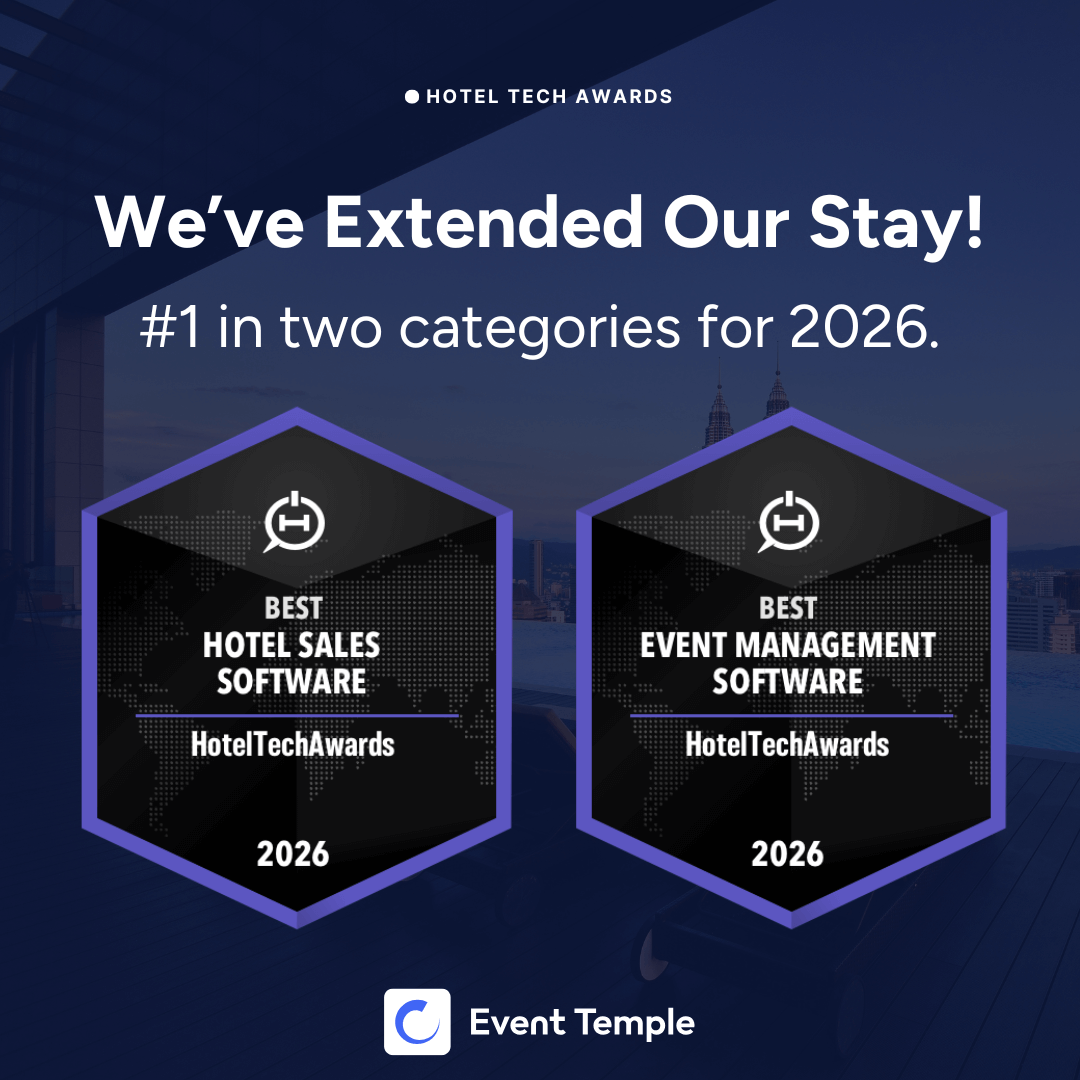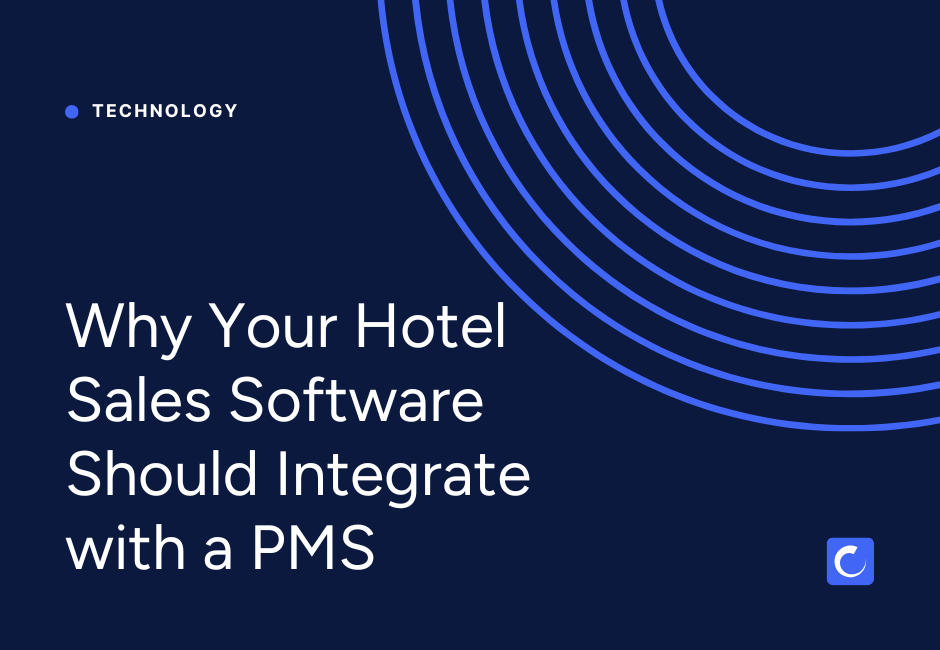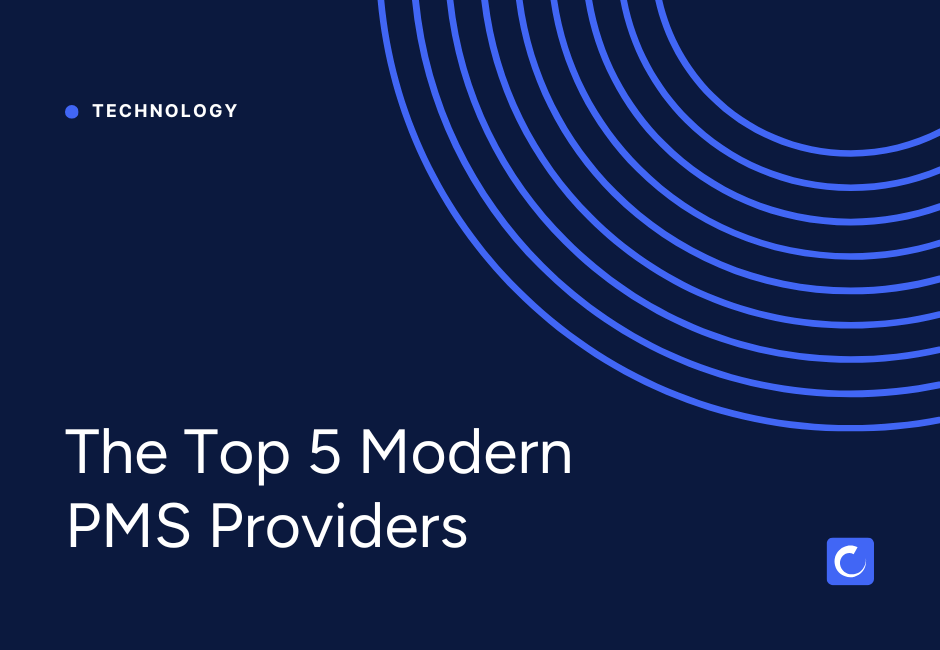Are you someone who scours the web looking for ways to increase your hotel website’s visibility on search engines like Google, Yahoo, and Bing? If so, you must be aware of how crucial SEO (Search Engine Optimization) for hotels is to gain the public's attention and convince them to make reservations at your hotel.
In this digital age, having a website to share your story with people in your own unique style is essential; if you don't have one, you risk losing credibility and clients. Simply having a well-designed website won't bring in customers; you also need to spend time optimizing it to rank highly in searches, which will generate leads and eventually bring in guests.
In recent years, the hospitality sector has become rather competitive, with multiple hotels competing with various OTAs and booking sites as well as among themselves to appear in the top search results of the SERPs.
In this article, we’ll take you on a comprehensive journey of SEO for Hotels, explaining what hotel SEO is, why it matters, and the various practical techniques you can use to strengthen your hotel SEO efforts and differentiate yourself in the competitive market.
SEO (Search Engine Optimization) for Hotels Defined
SEO stands for search engine optimization and refers to the practices undertaken to increase the ranking of your hotel’s website on the SERPs (search engine result pages). These strategies can vary from writing quality blog posts, backlinking, guest posting and using relevant keywords; the list goes on. These strategies allow your hotel website to get more traffic from organic search results, thereby escalating the number of bookings and revenue.
Significance of SEO for Hotels
According to BrightEdge, 53.3% of all website traffic is derived from organic searches. Just imagine the vast potential that these organic searches have! If hotel SEO strategies are implemented correctly, as a hotel marketer, you can boost your hotel revenues in no time.
Now, it is crucial to rank among the top 10 searches on SERPs. According to a Backlinko poll, the top Google result receives 31.7% of all clicks, and the final result on the first page receives only 2.2% of clicks. Therefore, you must have concluded that no one is likely to continue their search onto the second page. So, it becomes critical to stay on the first page of the search result.
Here are top 3 reasons why SEO needs to be a part of your strategy:-
1) Gets traffic on your website
For people to know about your hotel's existence, it is necessary to rank among the top searches, as it is estimated that 90% of all web traffic comes from the first page of search results. Implementing SEO for hotels helps you get in the eyes of prospective clients searching for accommodations like your hotel. BrightEdge says SEO generates 1,000%+ more traffic than social media's natural traffic. Hence, hotel SEO will undoubtedly bring you the visitors your traditional marketing strategies could not.
2) Increases the probability of conversion
You want traffic to your hotel’s website, but you also want traffic that has the potential to become a customer. It’s true, isn’t it? Well, SEO for hotels helps you achieve the same. You are increasing your exposure and giving the target audience opportunities to discover your hotel. According to HubSpot, the closure rate for SEO leads is 14.6%. For a better explanation, let’s assume a person is searching for Hotels in Vancouver on Google and the first search result is your hotel’s website; then, the lead is most likely to make reservations with you. As a result, there are now more opportunities for direct bookings than before.
3) Elevates credibility and trust
Since it is quite difficult to rank among the top 10 searches because of Google's robust algorithms, if your hotel ranks on the first page of Google, it automatically showcases that your website is authentic and trustworthy. Google ranks websites based on factors such as website speed, keyword optimization, title tags optimization, mobile usability and many more. Therefore, people trust Google to display results most relevant to their queries, and if your hotel's website is showing on top, then it's a pretty good sign that it is credible and capable of solving the user’s query.
4) Targets the whole marketing funnel
A marketing funnel comprises the following stages- 1) awareness, 2) consideration, 3) conversion and 4) retention. SEO can be fundamental in helping key marketing pages rank to increase awareness for visitors that are more bottom-of-funnel while also having content pieces rank to increase traction for top-of-funnel visitors. Have someone keen on making a decision and looking for your pricing page or case studies? Optimize those pages to ensure they rank when someone looks for those alongside your brand. On the other hand, have users that are still early in the search and asking questions related to your services or the industry? Utilize blog post content to find relevant queries and rank high-quality blog posts to attract new and curious users to your website!
5) Provides 24*7 promotion
If you have implemented hotel SEO strategies effectively, your hotel’s website will rank on the SERPs 24*7. Unlike paid advertising where the content vanishes if the budget runs out. This is one of the best benefits of SEO for hotels. With SEO, your content will stay on forever, but you have to keep working on maintaining your hotel website’s position on the SERPs.
Actionable Strategies for Hotel SEO
Let's dive into actionable hotel SEO strategies that can optimize your website, increase your rankings and start converting your organic traffic into revenue-generating customers!
- Identify your target audience
The first and foremost step of any SEO for hotels plan is identifying your target audience. Get to know who they are, their preferences, and their booking patterns. Whether they are leisure, corporate or individual travelers, what accommodations are they searching for? Identifying your target audience will help you think like them, which will later help you do keyword research.
- Do keyword research
After recognizing your target segment, think of the various ways/queries they can look for your hotel on search engines. Keywords are phrases or queries people type on the search engine when looking for your hotel. For example- if you are a boutique hotel in Vancouver, then the possible search terms will be - best boutique hotels in Vancouver, top boutique hotels in Vancouver, and affordable boutique hotels in Vancouver. These terms are called search terms/keywords.
Generally, there are two types of keywords:
1) Short-tail keywords- Short tail keywords are, like the term, short. They usually have high search volume as they are more generic. However, due to being high-level, they can also be more competitive. For example- hotels in Vancouver.2) Long-tail keywords- These are more specific and preferable as they give more detailed insights into what the user is actually searching for. These can have lower search volume but are also less competitive since they are more specific so they can be easier to rank for. For example- hotels for corporate travelers in Vancouver.
It's crucial to carefully match your keywords with user intent because a wide variety of keywords will apply to your hotel and area. So, make a list of the best possible keywords for your hotel and develop your SEO for hotels strategy around it.
You can use tools like UberSuggest, Google Keyword Planner and Ahrefs for keyword research.
- Optimize your title, meta description and URL
Title Tag/ Meta Title- A title tag is the clickable text in Google search results that tells the users what your website/webpage is all about. Title tag is one of the top ranking factors for on-page SEO. It helps search algorithms understand the content of your pages and which category the page belongs to so it can rank the pages in search results according to the queries of the users. More significantly, the title tag aids searchers in
understanding the information on your page, enabling them to select the most relevant outcome for whatever query they are using.
Ways to optimize your Title Tag:
- The title tag should contain your focus keyword.
- Use simple language to make it understandable for the user as well as for the web crawlers.
- The appropriate length should be between 50-60 characters.
Meta description- A meta description is the short description displayed under your title tag which displays a short summary of the page’s content. Although it does not affect rankings, it has a significant impact on clicks and the customer experience because it provides additional information on what the contents of the page are (which a title tag, with its 50-60 characters, might be unable to do). Search engines like Google also highlight the search query in the meta description if it is present, helping your listing stand out against other listings, driving more attention and traction to your website. Way to optimize your Meta description:
- The meta description should contain your focus keyword.
- The appropriate length should be between 155-160 characters.
- Include one CTA.
- Make sure it matches with the content of the page you are sending users to
URL- It is the address of your website or a specific page on your hotel’s website. Even though it is not a ranking criteria for SEO, URL optimization is nevertheless crucial since it makes it easier for search engines and users to grasp the content of the pages, URLs with keywords in them boost the site's search exposure, and—most importantly—well-written URLs are memorable and can be pulled up by users via memory (especially for main website page URLs). Way to optimize your URL:
- Your URL should be short and simple to understand. Long URLs are a big No No.
- NO underscores, capitals or special characters. Hyphens and small letters only
- Include your focus keyword but don’t overdo it
- Optimize images/ videos on your hotel’s website
Images play an essential role in the success of a hotel SEO plan. Hoosh claims that 35% of Google users scroll through the images results page, compared to only 17% of people who use the standard results page. Hence, if you fail to optimize your images, it will impact your SEO performance by slowing down your hotel website’s speed.
You can optimize the images on your hotel’s website in different ways.
They are as follows-
a) Use high-quality images.
b) In addition to the quality of the images, the image size also matters a lot. Don’t use heavy image sizes on your hotel’s website; otherwise, the loading speed of your website will become slow, hampering all the SEO efforts that you have done.
c) Make sure to include an alt text for each image on your website. When a picture fails to load owing to poor internet connectivity, the alt text displays in replacement of the failed image. Additionally, alt text provides data to Google to index your content more accurately. Another benefit of alt text is that it makes your website more accessible to individuals with disabilities. Descriptive alt texts can be highly beneficial in providing more information to blind users who view your website, improving their experience overall.
d) If you have an image of your hotel on your hotel’s website, then make sure that the file name corresponds to the image, as search engines use the file names to interpret the image's content better.
- Check for broken links
A broken link refers to a link that longer exists or is not accessible anymore. Imagine a scenario where a potential customer lands on your hotel's website through organic search and clicks on a link that doesn’t work! It will definitely create a negative first impression. Another instance where this might take place is when you use external links. External links are just links that connect your hotel’s website to other websites. Check to see if the link you are using is active; if not, replace it with a new link. To avoid encountering such situations, it is best to check for broken links in your entire website, and if you find any, you can simply redirect them. You can use the Google search console or Ahrefs' free broken link checker to identify this link.
- Integrate Schema Markup
Schema Markup, also called structured data, refers to a piece of code when added to your hotel's webpage; it creates a rich snippet (detailed description) which appears in the SERPs. It helps Google comprehend your hotel website's elements better and respond to user searches and intent more accurately. For example, along with your hotel website's link, a box will be displayed containing concise information on various topics like offers, pricing, area attractions and reviews. Although you can specify what you want your sitelinks to be, there is no certainty that Google will use that information. These snippets do increase the prominence of your hotel;s website on SERPs. In addition to this, increased visibility increases click-through rates. To integrate schema markup into your hotel website, you can use plugins or ask a web developer to help you!
- Use formatting wisely
Proper formatting of your website’s content enhances user experience and readability. Different headings are provided under header tags (H1, H2, H3, H4, H5 AND H6 with H1 being the largest and H6 being the smallest). Since H1 is a prominent ranking factor, it is recommended that each page only have one H1 tag and that it be used as the title of the page. However, you can use other header tags, such as H2, H4 and so on, to group similar content under the same heading. This will increase readability and will make your hotel website look more organized and professional.
- Check for the page speed of your hotel’s website
Page speed is a critical component in ranking your website on the SERPs. Your hotel website will only rank on the first page if your website is on par with the best ten organic pages. A website on the first page of SERPs typically loads in 1.65 seconds, which is a respectably quick amount of time. So, you have to make sure that your hotel website loads fast. It has been seen that if the load time increases, the chances of someone bouncing from your site also increase. You don't want that to happen! Keeping your load time under two seconds is crucial for low bounce rates. If your site takes more than 10 seconds to load, then the chance that someone will leave your website before it even loads rises by more than 120%. You can check your website's speed on Google's Page Speed Insight and act accordingly. You can use various plugins to reduce the load speed time, build your hotel website by using a lighter framework, reduce the number of redirects and compress the heavy images or videos on your website.
- Do Link Building
Link Building refers to getting do-follow links to your website from other trust-worthy websites. There are generally two types of links - internal and external. Internal linking involves linking one page of your website to another page on the same website. It basically links different pages under the same domain, whereas external linking refers to getting links from an outside source to your hotel’s website. Link building is important as it helps to increase domain authority. Domain authority is a metric developed by Moz that determines the trust factor that the domain has. The higher the domain authority, the more likely your website will rank in higher positions in the search engine rankings. Quality backlinks from a higher DA site will escalate your hotel website’s DA. Strong backlinks from well trusted sites will let search engines know that your hotel’s website is authentic and trustworthy, thereby increasing your ranking on the SERPs.
- Write extremely relevant, keyword integrated content
Providing quality content to visitors is one of the best ways to improve SEO for hotels. Content gives you a fantastic spot to include the keywords you're targeting, making it a crucial component of your hotel SEO strategy. For example, if you are targeting a keyword like 'luxury hotel in Vancouver,' then you might write a blog that contains that phrase a few times, or you can integrate the keywords on your homepage or any other page that you find relevant. Remember to write content keeping in mind what the potential client may search for and optimize each page for one unique keyword. The content should match the intent; then, it will help show your website on the top SERPs results.
Wrapping Up
We anticipate that this article has provided you with a clearer, and more thorough understanding of the notion of SEO for hotels. With these 10 sureshot strategies you will definitely see changes in your hotel SEO results! Do let us know if you have any more actionable tips regarding SEO for hotels. We are here to listen 🙂



